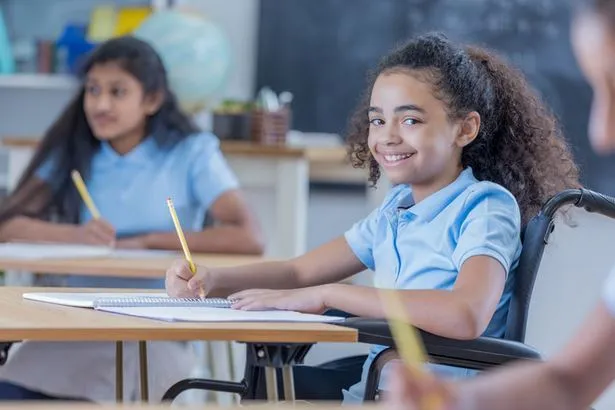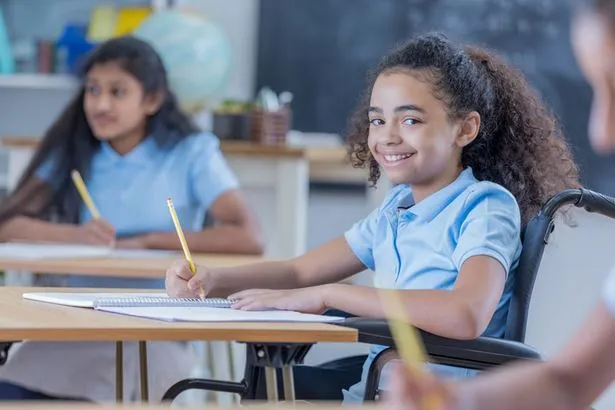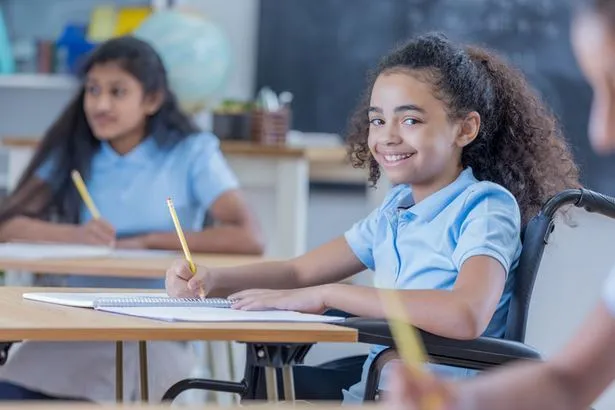Transcription Developing trust
Trust is a quality that we must foster in our children.
The value of trust must be understood from an early age if we want our children to develop with greater potential. Trusting other people and trusting oneself are skills that are acquired through continuous work, require empirical experience and the involvement of parents, setting an example in each of their actions.
During the development of this guide, we will be delving into the importance of developing trust in our children, as a tool of high value for their personal and spiritual formation.
Trusting other people
It is important that we teach our children to trust other people, but not to trust blindly, but to trust when there are grounds for it. Trust is a very delicate thing, because it exposes us to disappointment and increases the risk of being deceived or harmed by someone else's action.
When we trust someone, we do so because the track record of their actions supports it. There is no implicit or pre-factual trust; trust is earned, not presumed. This is the first rule we must foster in our children and a very effective way to achieve this is to apply it to them.
If our child does not understand the value of placing our trust in someone, he/she will not appreciate the consequences of losing it. Trust your child, but let them know the consequences of losing your trust. In the same way, teach him that people should earn your trust with their actions, not their words. If you make a commitment to do something, you must fulfill it no matter what, only then will you be able to preserve what you have been given.
Trusting yourself
The other side of trust is the trust we place in ourselves. Again, commitment plays a big role in this mode of trust. Trusting in ourselves does not mean that everything must go well, but that we are convinced that we will give everything we have in our power to achieve what we have committed ourselves to. Instilling commitment, in one way or another, is instilling confidence.
If we teach the importance of being committed to what we want, we will be fostering respect for self-confidence. Losing confidence in our abilities and in our perseverance, deteriorates our self-esteem and makes us insecure people.
Educate by example
Once again we insist that the best way to educate is by example. If you want your child to learn to trust other people and to trust himself, you must act accordingly. When you trust your child, do it in an honest way, do not watch him every time to see if he is doing what he has committed to, let him have the opportunity to fulfill his promise without any pressure other than not to disappoint your trust.
If he makes a mistake, teach him that now it will cost him much more to earn your trust again, only in this way will he learn to give you the due respect he deserves.
By showing confidence in your actions, you teach him to trust you. Let him see in you a person committed to what he wants, consistent with his actions and words, someone who is willing to try everything in his power before giving up.
If you are not consistent you will not get your child to be consistent either, the process of educating a minor is also a very valuable opportunity to correct our attitudes and create a version of us according to what we want to project in other people.
develop confidence




